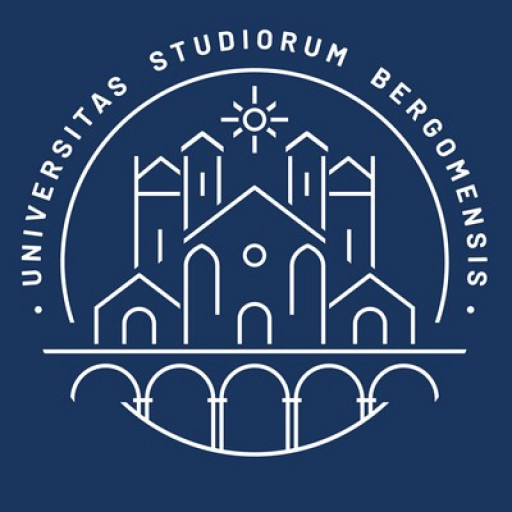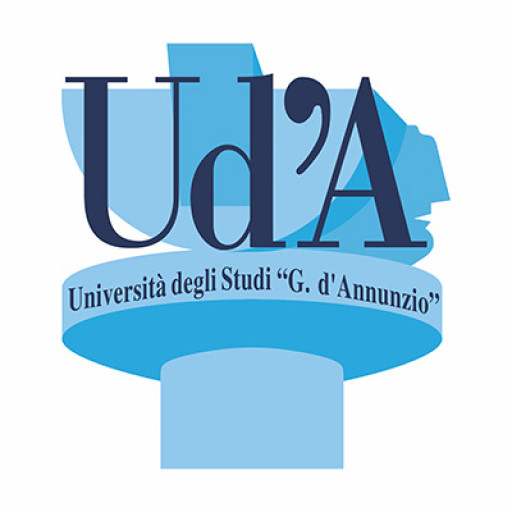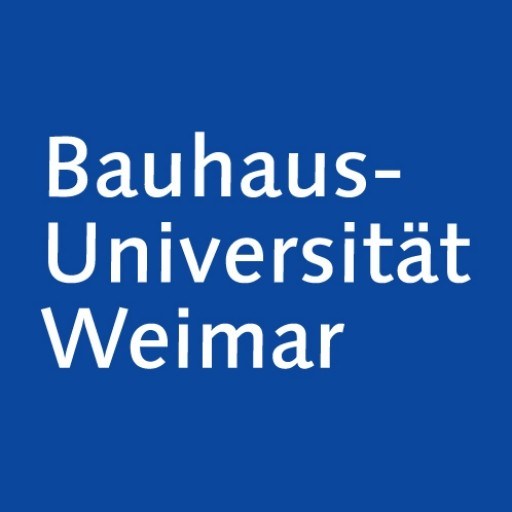Photos of university / #cambridgeuniversity
Construction Engineering at the University of Cambridge combines rigorous academic study with practical application to prepare students for leadership roles in the construction industry. The program offers an in-depth exploration of the principles of engineering, technology, and management essential for designing, construction, and maintenance of infrastructure projects. Students will develop a comprehensive understanding of structural engineering, project management, materials science, transportation, and sustainable construction practices. Through a combination of lectures, workshops, and laboratory work, students gain both theoretical knowledge and hands-on experience, equipping them to tackle complex challenges in the construction sector.
The curriculum emphasizes innovation, sustainable development, and efficiency, reflecting the latest advances in construction technology and techniques. Students learn to use cutting-edge software tools for design and planning, enabling them to create effective, cost-efficient solutions tailored to specific client and environmental needs. Emphasizing teamwork and interdisciplinary collaboration, the program prepares students to work seamlessly across different areas of construction projects, from initial design through to execution and maintenance.
The program also incorporates site visits, industry projects, and internships to bridge the gap between academic learning and real-world practice, fostering a clear understanding of practical constraints and opportunities within the construction industry. Under the guidance of expert faculty with extensive industry experience, students gain insights into effective communication, project management, and multidisciplinary coordination.
Graduates of Construction Engineering at Cambridge are well-equipped to pursue careers in construction management, consulting, infrastructure development, and research. They are prepared to lead projects, innovate in construction practices, and contribute to sustainable development initiatives worldwide. The program’s focus on research, innovation, and professional development ensures that students are ready to meet the demands of a rapidly evolving industry and to make meaningful contributions to society through improved construction practices and infrastructure resilience.
The course focuses on the following themes:
- The built environment
- Designing for value
- Research and innovation
- Advanced construction technology and materials
- Advanced construction management
- Finance planning and procurement
- Future of construction
Sustainability, leadership, innovation, whole life performance and whole systems thinking are interwoven throughout the course. The course is continually evolving in order to stay current and meet the needs of participants.
Students are at first given an understanding of the current context and challenges faced by the construction industry. They then critically evaluate the latest research in design, management, and construction techniques and processes. The programme encompasses the full spectrum of the construction industry from the high level financing requirements of mega projects through to the latest innovations in analysis, design and materials technology.
Throughout the course, students are given change management, leadership and communication training that will give them the skills and confidence to develop their own vision of the future of construction and enact it.
Contributing lecturers have included the UK's current and former Chief Construction Advisors, the Chair of the UK Government BIM Implementation Group, the Technical Director of HS2, the Head of the UK Office for Nuclear Regulation, CEOs and senior directors of many major client, contractor and consulting organisations, leading journalists and the Director of Construction for the London 2012 Olympics, to name but a few.
Contact time
A minimum of 240 hours over the two years of lectures, small group teaching, seminars, supervisions and meetings with the Director of Studies.
Assessment
Dissertation
- Dissertation: 15,000 words.
Case study and essays
- A written case study of a maximum 5,000 words on a subject based on any one of the topics covered by the ‘Built environment’ module.
- One written essay of 3,000 words based on one of the topics covered in the ‘Designing for value’ module and one written essay of 3,000 words based on one of the topics covered in the ‘Research and Innovation’ module
Full and active participation in all elements of the course, including residential week assessments on some projects as well as presentations for both dissertation and case studies, is compulsory.
All assignments require extensive and appropriate literature reviews. Presentations form part of students' assessment during residential weeks.
Students are regularly provided with feedback on their performance via individual face-to-face and written exchanges with supervisors and the Director of Studies.
Expected academic standard
Applicants for this course will normally have achieved a UK 2.i honours degree or overseas equivalent.
Potential applicants are advised to consider carefully their capacity for balancing personal and professional commitments before submitting an application.
Language requirement
- IELTS Academic: Overall band score of 7.0 (with a minimum of 7.0 in each individual component)
- TOEFL Internet: Overall score of 110 (a minimum of 25 in each individual component)
- CAE: Grade A
- CPE: Grade A, B, or C
Supporting documents
- References.You will need to provide the details of two referees who are senior people acquainted with your work and who are able to comment on your academic and/or professional suitability to undertake the course. You will be asked to provide e-mail addresses for your referees so that they can submit their reference via the online referencing system, so it is important for you to ensure that your referee is able to provide a reference for you before you submit your application form.
- Transcripts
- Research Proposal. Candidates who do not hold the minimum academic requirement of a 2:1 hons degree and, who are invited to the interview stage following an assessment of their application, will be required to submit:A research proposal detailing the focus of their proposed CEM research dissertation (a template will be provided by the Construction Engineering Masters Programme Manager if required). If preferred give details of a published/awaiting publication research paper written by the applicant that demonstrates their ability to undertake a research dissertation in the second year of the CEM.
- Curriculum Vitae. You will be required to submit your CV on application. This should demonstrate at least three years’ experience in a job sector related to civil engineering.
- Professional Qualifications. To support the application, applicants are encouraged to provide relevant professional qualifications or memberships with documentary evidence, stating the date the qualification or membership was obtained.
- Personal Statement
- Letter of Support from your Employer
Construction Engineering Masters Bursaries
Candidates who anticipate difficulty in funding their studies are invited to apply for a bursary. A limited number of bursaries of up to 20% of the total combined course and college fees for the entire two-year programme are available to students who receive a conditional offer of a place on the Construction Engineering Masters Programme (CEM) if they are either fully self-funded or partially self-funded. The award of the bursary is made at the discretion of the Course Director and will be prorated according to their sources of funding.
Construction Engineering at the University of Cambridge is a comprehensive and rigorous program designed to equip students with a deep understanding of the principles and practices involved in the planning, design, construction, and management of infrastructure projects. The program emphasizes technical proficiency, innovative problem-solving, and sustainable practices within the construction industry. Students engage with a broad curriculum that covers core areas such as structural engineering, geotechnical engineering, construction management, project planning and control, and environmental considerations. The course also incorporates advanced topics like digital construction techniques, building information modeling (BIM), and new materials, preparing graduates to adapt to technological advancements in the field.
Throughout their studies, students benefit from the university’s storied tradition of research excellence and its close links with industry leaders. This enables practical learning opportunities, including site visits, collaborations on real-world projects, and internships. The academic staff consists of leading experts in construction engineering and related disciplines, providing mentorship and specialized knowledge. The program aims to develop not only technical skills but also leadership, communication, and teamwork abilities, which are essential for managing complex projects and multidisciplinary teams in a global industry.
The University of Cambridge’s Department of Engineering fosters a collaborative environment through seminars, workshops, and conferences that encourage knowledge exchange and innovation. The program prepares students for diverse career paths, including roles in construction firms, consultancy agencies, infrastructure agencies, and research institutions. Graduates of Construction Engineering from Cambridge are well-regarded worldwide for their technical competence, critical thinking, and ethical approach to engineering challenges. The program typically lasts three to four years, depending on the specific course structure, and offers options for both undergraduates and postgraduates, including specialized Master’s programs that deepen expertise in construction management and related specialization areas. With a strong emphasis on sustainability, safety, and efficient resource use, the course ensures that students are equipped to contribute meaningfully to the development of resilient, sustainable infrastructure in a changing world.










